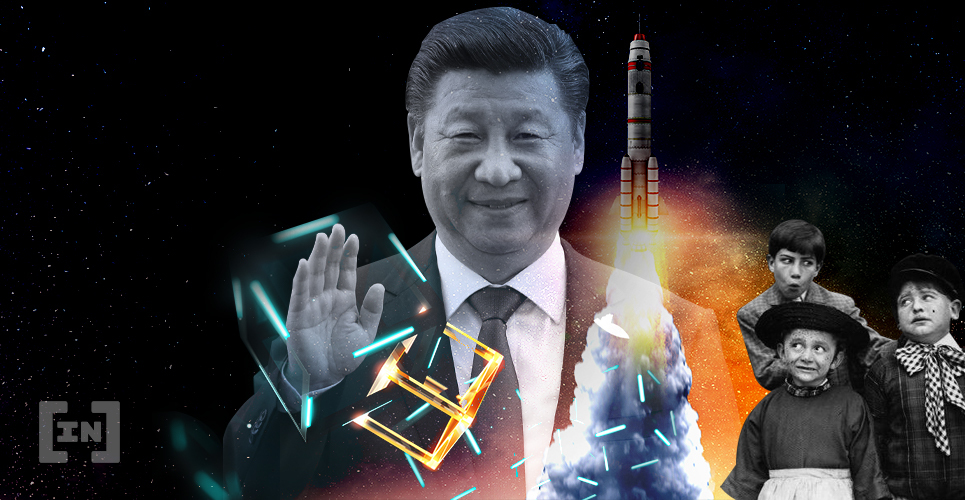China’s Central Party School Affirms Blockchain Tech
A new article published by the Central Party School stresses the importance of the country adopting blockchain technology. Titled “Government Governance Practices of Blockchain Technology,” it argues that applying the technology for everyday governance will benefit the nation. The article was recently tweeted by Alice Crypto (@AliceolaCrypto).In particular, the piece argues that it is important for China to establish its own “sovereign blockchain” that is free from foreign interference. The article also cites blockchain technology as potentially reducing corruption and abuses of power. It mentions Estonia as an example of a country that has successfully implemented blockchain technology across many different sectors.#China An article from Central Party School has been public. This article, “Government Governance Practice of Blockchain Technology”, discusses the benefits of adapting #blockchain tech in governance, but also mentions "to establish a sense of sovereign blockchain" pic.twitter.com/QFJFhA6eqg
— Alice Crypto (@AliceolaCrypto) March 30, 2020
‘Blockchain not Cryptocurrency’
You may recall that China made headlines last October when President Xi said the country must lead the world in blockchain development. Since then, the country has been aggressively pursuing this policy despite developments stalling due to the ongoing coronavirus crisis. The country has taken blockchain technology so seriously that calling it a ‘scam’ is now effectively banned. The party line on blockchain technology in China has been ‘blockchain, not cryptocurrency.’ As BeInCrypto has reported, Chinese state TV has affirmed this stance repeatedly. Although the Chinese government remains relatively hostile to cryptocurrencies, Bitcoin is still trading over-the-counter in the country—sometimes even at a premium.
Now that blockchain is being affirmed at the highest level of the Community Party of China’s school system, it is safe to say it will likely remain a national priority.
The party line on blockchain technology in China has been ‘blockchain, not cryptocurrency.’ As BeInCrypto has reported, Chinese state TV has affirmed this stance repeatedly. Although the Chinese government remains relatively hostile to cryptocurrencies, Bitcoin is still trading over-the-counter in the country—sometimes even at a premium.
Now that blockchain is being affirmed at the highest level of the Community Party of China’s school system, it is safe to say it will likely remain a national priority.
Disclaimer
In adherence to the Trust Project guidelines, BeInCrypto is committed to unbiased, transparent reporting. This news article aims to provide accurate, timely information. However, readers are advised to verify facts independently and consult with a professional before making any decisions based on this content. Please note that our Terms and Conditions, Privacy Policy, and Disclaimers have been updated.


